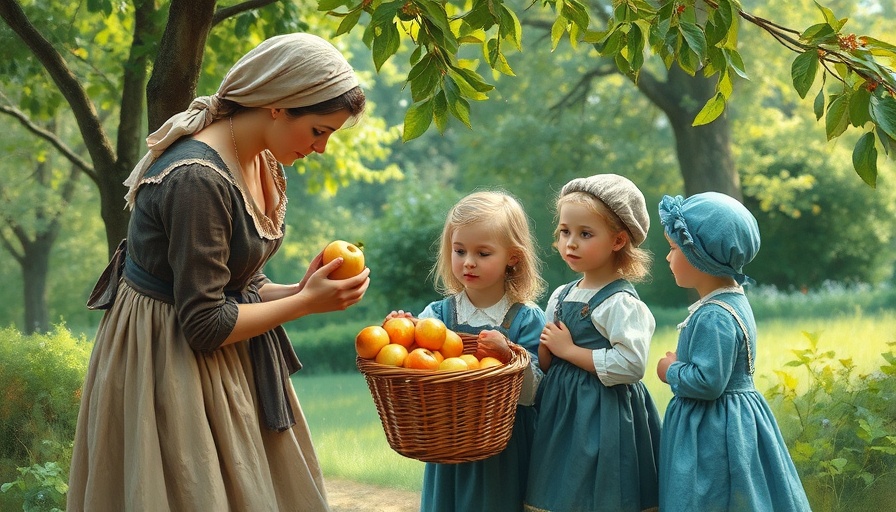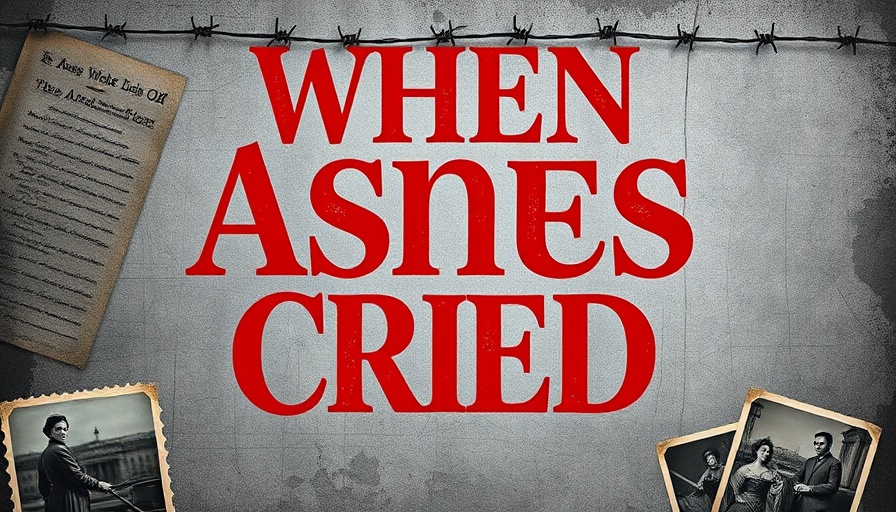
The Evolution of Foodways in the 18th and 19th Century
Foodways—the cultural, social, and economic practices surrounding the production and consumption of food—have played an essential role in shaping societies. In the 18th and 19th century, the foodways of the UK, Australia, and New Zealand evolved significantly due to various factors, including colonization, trade, and technological advancements. These transformations tell the story of people, their cultures, and how they connected through food.
Colonial Influences: Foodways Shaped by Empire
The British Empire’s reach during this time brought a multitude of ingredients and culinary techniques from diverse parts of the world, influencing local food culture. In the UK, the introduction of exotic spices, fruits, and vegetables enriched British cuisine. Sarah B. Smith's cooking became a style to emulate, with cookbooks like Mrs. Beeton’s Book of Household Management laying the groundwork for understanding English household practices. This pivotal book emphasized the importance of household management and showcased how the empire's resources could refine British cooking.
Technological Change: How Innovation Altered Meal Preparation
The 19th century was marked by industrial innovations, like the advent of gas and steam cooking technologies, facilitating faster meal preparation and preservation techniques. This technological shift drastically changed the landscape of food preparation, allowing greater access to a range of ingredients and efficiency in preparing meals. In Australia and New Zealand, this shift encouraged settlers to adapt traditional British recipes, incorporating local ingredients, as they strived to create a culinary identity.
Class Divides: Food Reflecting Society's Hierarchies
The variety of food consumed in this era heavily correlated with social class. The affluent enjoyed lavish meals, often influenced by French culinary trends, while the lower classes had tight budgets influencing their diets. Historical records show that foods eaten by the wealthy included rich meats and imported delicacies, while those of the working class relied heavily on staples such as bread and root vegetables. This divide raises questions about broader societal structures and connections attuned to resource allocations.
Cookbooks as Cultural Narratives
Cookbooks from the era serve not just as recipes but as time capsules reflecting societal norms and values concerning food. The titles Taste: The Story of Britain Through Its Cooking by Kate Colquhoun and Eating with the Victorians edited by Anne Wilson provide insights into how food habits dictated daily life, festive celebrations, and societal gatherings. These narratives highlight the nuances in customary practices that tie history, culture, and identity together.
The Modern Relevance of Historical Foodways
Today’s readers and authors can draw lessons from historical foodways, particularly when crafting narratives that delve into themes like survival, resilience, and the connections we build over meals. For those who love historical fiction that resonates with our current societal divides, such narratives highlight the importance of understanding where we come from. Authors inspired by the untold stories of women and the complexity of societal structures can weave foodways into their stories as a central theme. Books featuring strong female leads—much like those written by Kristin Hannah and Kate Quinn—often layer in the emotional connections food creates amongst characters.
Conclusion: Food as a Bridge Across Cultures
Foodways in the 18th and 19th centuries offer profound insights into the lives of those who lived during these times. By exploring historical food practices, not only do we reflect on the past and its impact on our present, but we also recognize the resilience of the human spirit as it relates to sustenance, connection, and cultural memory. Whether readers find inspiration in sharing meals through narratives rich with intrigue, romance, or secrets, food serves as a timeless connector across generations and geographies.
 Add Row
Add Row  Add
Add 




Write A Comment